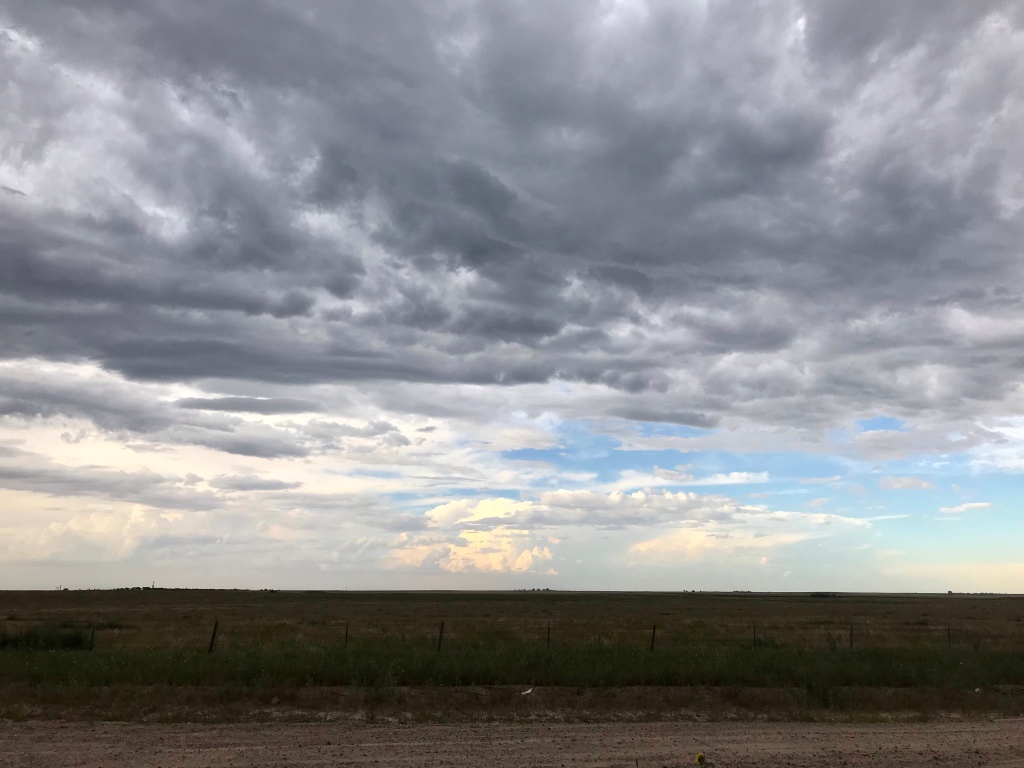For everything there is a time and a season . . . but unless you are Larry C. or Deadpool™ interrupting a fight scene for a magnificent description of something is not the place for Churchillian eloquence. There are times in which soaring to flights of Latinate rhetorical magnificence is desirable. There are times for short, punchy, Anglo-Saxon words.
It may vary from character to character within a story, or from series to series. Heck, a character may use short, direct phrases with some people, then slip into a much more formal and circumloquatious manner with superiors or those she knows well (see the formality within the Hunter clans). It might be situational, as Mercedes Lackey did in one of her series. The Elves are painfully indirect and formal and take hours to get to the point, assuming that the other party has not caught on yet. But “war rules” mean cut to the meat of the matter, now. That also appears in the unrelated book Ella Enchanted in reference to a different culture than the protagonist’s own.
Literary fiction tends to focus more on the language itself than does most genre fiction. It is often a place to experiment with language, to play with word meanings and to use very thick description of places, mental-states, and characters. Epic fantasy is another genre with this tendency. The world building requires it in many cases. I’d argue too that even writers who don’t care for Tolkien’s use of language in Lord of the Rings incline to copy him in some ways – the genre almost demands it. No, using arcane and florid speech isn’t necessary, but it seems to fit better in epic fantasy than in a few other places. If the writer can do it well. That’s the key. Can the writer do it well?
When I wrote the first Merchant books, I deliberately slowed down the language, so to speak. In part it has to do with world building. In part it stems from approaching the stories as historical fantasy/historical fiction. The language is a bit more academic, for lack of a better word, with fewer colloquialisms and modern terms. I worked very hard to keep out phrases that require a post WWII technology and culture to make sense. That meant going back several times to weed out little things. Some readers complain that it makes the books harder going, because they are so different from, oh, the Familiars stories. Some of the stories are slow – they are at walking pace. So is the entire world.
The Shikhari books are an homage to Rudyard Kipling, Talbot Mundy, H. Rider Haggard, Edgar Rice Burroughs, and the other Victorian adventure novelists. So the language is a touch more formal, the main character does not swear at all and her husband is careful to moderate his own language around “the ladies.” But the framework of the books, the pure description sections, are not as Victorian. After all, the stories take place in a colony world after the development of FTL travel, not during the Raj.
The Familiars? Well, Arthur is Arthur. Lelia and André play with words, being overly formal and archaic at times (often to irk their teenaged children). It is a setting where language matters because words can be magical with enough intention behind them. So Lelia and her associates use them with care, most of the time. And she and André are showing off a little, because they’re not supposed to be as well educated as they are. They are autodidacts to an extent, especially Lelia. I know people like that, and one of the fun things is how they tend to toss around words that most of the rest of us don’t bother with, but that work very well. Antiquarian verbiage is not to be eschewed, but used with due care for the scene and audience.
Image Credit: Author. Austrian State Library, Vienna, 2019. From one of the manuscripts belonging to Emperor Maximillian von Habsburg. Your language probably doesn’t need to be this ornate. Unless you want it to be.





7 responses to “Grandeloquent Belletristics or Short and Sweet?”
Much depends on the interests. Of all the point of view characters in A Diabolical Bargain, only Nick’s will describe gardens
That can really illustrate characters when they describe the same thing in very different ways.
A character who describes someone as “A stern older woman with military bearing” is a very different person who sees the same person and describes her as “An aquiline women who in her past youth would have been striking if not beautiful.”
I once was annoyed by a passage in which two character, both of military background, took a journey through a wilderness where attack could happen at any moment and never described it in enough detail so I knew whether they were in danger of ambush or being caught with no cover.
It kind of varies. For me, it seemed important for the Jaiya and Star Master books to convey that these people weren’t necessarily speaking/thinking in English, and part of that was a particular style, not exactly ornate but with a certain rhythm to it. The main project I’m wrestling with right now has a secondary world cowgirl and a secondary world Victorian omnidisciplinary scientist as first person POVs, so I am trying to make her sound more informal but not present-day, and him more formal without coming across as prim.
Ran into this face first a couple of weeks back. My youngest has been reading a lot of fantasy, so I thought I’d introduce her to Robert E. Howard. (Specifically, Beyond the Black River.)
She bounced, hard. In the first two pages there were nearly twenty words she didn’t know.
I had a similar experience reading Leigh Brackett and seeing her casually toss around words like “dight” and “palimpset.” And I used to think I had a pretty good vocabulary….
She might want to avoid Gene Wolfe for a while. 🙂 At least his fantasy writings. He really played with language, as well as with reliable vs. unreliable narrators.